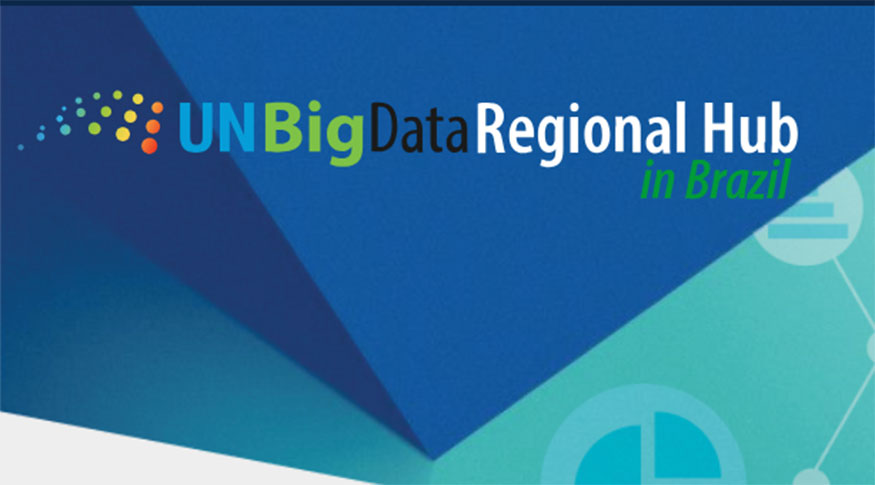ENCE
Hydroecological disasters will be discussed in webinar of the regional hub for Big Data
November 13, 2024 04h17 PM | Last Updated: November 13, 2024 11h21 PM

The UN Regional Hub for Big Data in Brazil has been promoting a series of webinars about the production of climate change indicators. The next seminar will be held on November 21, at 11 am, and will approach the use of big data in the production of hydroecological disasters and in climate change studies.
Free registration is already open at https://hub.ibge.gov.br/index_port.htm. The event will be in Spanish.
Based on the experience of CEMADEN (National Center for Monitoring and Early Warning of Natural Disasters, speaker Jose A. Marengo will discuss the application of massive data in the study of global warming, climate changes and of the causes and impacts of disasters. The term big data is used to describe the huge volume of data generated by several sources: sensors, mobile devices, social media, opinion surveys, censuses, models, online transactions and information systems.

Jose A. Marengo is the coordinator general of research and development at CEMADEN, linked to MCTI (Ministry of Science, Technology and Innovation of Brazil) and carries out activities related to extreme events, natural disasters and reduction of risks. Marengo is a professor at the graduate courses at INPE (National Institute of Spatial Research) and UNESP (São Paulo State University). He has a bachelor’s degree in Fisica y Meteorologia and a master’s degree in Ingenieria de Recursos de Agua y Tierra from Universidad Nacional Agraria, and a PhD degree in Meteorology from the University of Wisconsin. He also has a post-doctoral degree from NASA-GISS, Columbia University and Florida State University in climate modeling. He is the author of more than 250 academic papers and technical reports, members of international panels at the United Nations (IPCC, WMO) and a member of the Brazilian Academy of Sciences, of the Academy of Sciences of the State of Estado de São Paulo and of The World Academy of Sciences (TWAS).
Series on climate change indicators
The Regional Hub for Big Data has been promoting a series of webinars aimed at the sharing of experiences in the use of new sources of data and technologies aimed at the mitigation of climate changes. Topics such as biodiversity, tourism sustainability and integration of geospatial information for the monitoring of land use. The sessions will be in Spanish or English, with experts from Latin America and the Caribbean, and from other regions.
The series started in September cwith a webinar on metrics of climate changes and disasters in Latin America and the Caribbean. In October the topic discussed was the potential of new sources of data for the measurement of tourism sustainability. Both events gathered 240 participants from 23 countries: Saudi Arabia, Argentina, Aruba, Bolivia, Brazil, Chile, Colombia, Costa Rica, Ecuador, El Salvador, Slovenia, Guatemala, Honduras, Jamaica, Mexico, Nicaragua, Panama, Paraguay, Peru, Dominican Republic, Trinidad and Tobago, Uruguay and Venezuela. The recordings of each session are available on the Hub website. The series will be resumed in February 2025, with monthly webinars scheduled to be held until July 2025.
ENCE coordinates UN Regional Hub for Big Data in Brazil

The result of a partnership between the IBGE and the UN Statistics Division, the UN Regional Hub for Big Data in Brazil (https://hub.ibge.gov.br) fwas launched in November 2021 in the 11th Statistical Conference for the Americas, carried out by the Statistical Conference for the Americas, (CEA), promoted by the Economic Commission for Latin America and the Caribbean. The Hub is based at the National School of Statistical Sciences (ENCE), an academic area of the IBGE, which coordinates efforts and contributions from different fields of the Institute to support activities within the Regional Hub.
The project focuses on the advance in the use of big data use to improve the production of official statistics, so as to promote the sharing of knowledge and of innovative initiatives in Latin America and the Caribbean. Other hubs besides Brazil are United Arab Emirates, Rwanda, Indonesia and China.




















